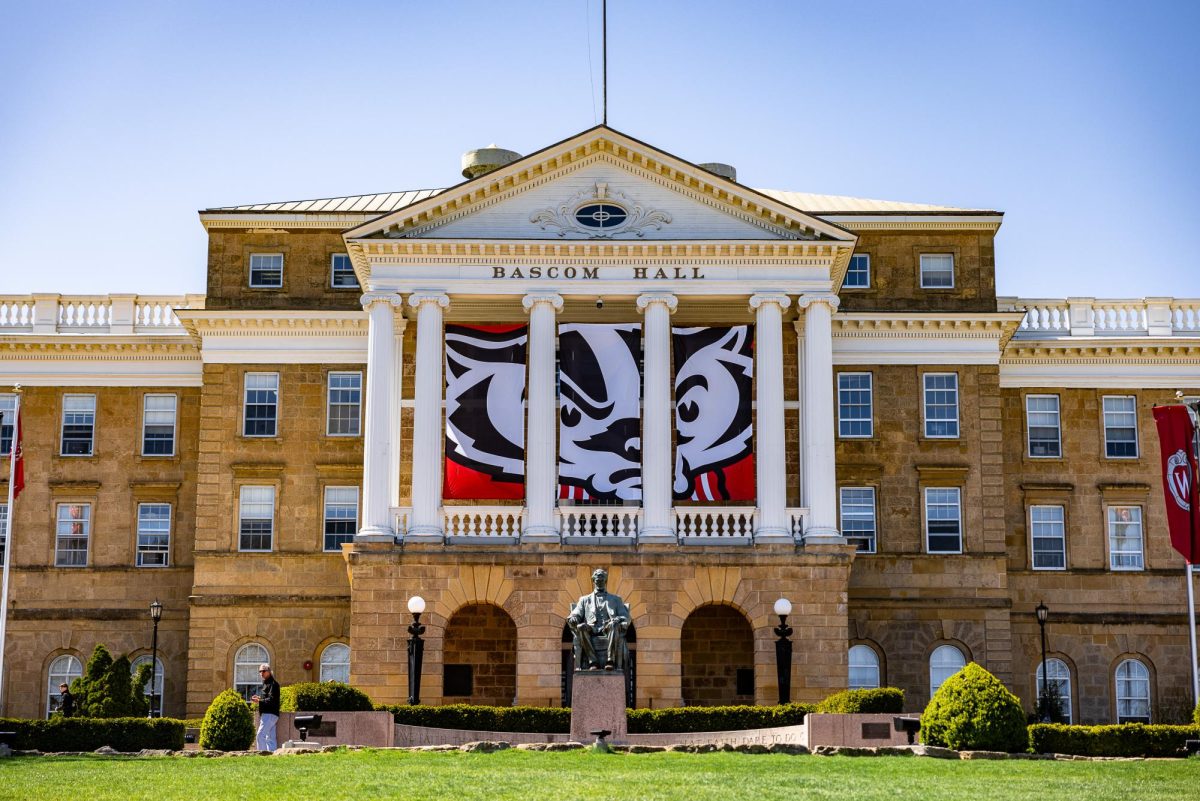Campaign finance regulation in Wisconsin could be pulled in opposing directions after two state lawmakers released separate legislation addressing recent concerns with past elections.
Rep. Chris Taylor, D-Madison, is sponsoring an amendment to the U.S. Constitution that would reverse the 2010 Supreme Court decision in Citizens United v. Federal Election Commission and increase campaign finance regulation, while Sen. Glenn Grothman, R-West Bend, has authored a bill to require less personal information from campaign donors.
Taylor’s bill would ensure only individual humans have constitutional rights, not businesses. If passed, the amendment would limit corporations, unions and nonprofit organizations from donating to political campaigns.
“Citizens United gave large corporations and special interests even more power in the political decision-making process,” Erik Kirkstein, United Wisconsin spokesperson, said. “It also made elected officials dependent on big money to stay in office.”
The 2012 presidential election was most expensive election in history, with more than $2 billion spent by both political parties.
Kirkstein said the organization has been working to bring the issue of campaign finance and the Citizens United case to state officials, but Taylor’s bill has not received a public hearing despite it being introduced in late August.
A coalition of special interest groups, including United Wisconsin and Wisconsin Public Interest Research Group, presented a letter to Rep. Tyler August, R-Lake Geneva, the Assembly Committee on Government Operations and State Licensing chair, to ask for a public hearing for the bill.
Kirkstein said more than 24,000 people had signed a petition against eliminating aggregate contribution limits and added 23 Wisconsin communities have publicly voiced in support of such a constitutional amendment.
Despite such appeals, Grothman has introduced a bill that would raise the dollar amount people can contribute to a campaign before they are required to provide information such as their occupation and employer.
Grothman’s bill received a public hearing Oct. 3 after being introduced in early September.
Current state regulations require this personal information from anyone donating more than $100, which the bill would increase to $500.
“This bill is to prevent the full force of purchasing power of the police, fire and teachers unions from punishing employers whose employees give small amounts of money to political campaigns,” Grothman said.
He said requiring donors to share such information has led to harassment by Wisconsin unions in the past.
Wisconsin unions sent a letter to the president of M&I Corporation and threatened to boycott the bank’s services if it refused to publicly oppose Gov. Scott Walker administration’s attempts to curtail collective bargaining rights, Grothman said.
The U.S. Supreme Court also began hearing oral arguments Tuesday in a case Kirkstein dubbed “Citizens United on steroids,” which concerns campaign-contribution limits.
In the case McCutcheon v. Federal Election Commission, Kirkstein said he hopes the Supreme Court will recognize the dangers of allowing even more money into the election process.
“The last thing we need right now is to increase the giving of the donors with the deepest pockets,” WISPIRG director Bruce Speight said. “Rather, we should be empowering small donors so that ordinary Americans can provide the funds needed to run campaigns.”
Calls to August’s office were not returned.















